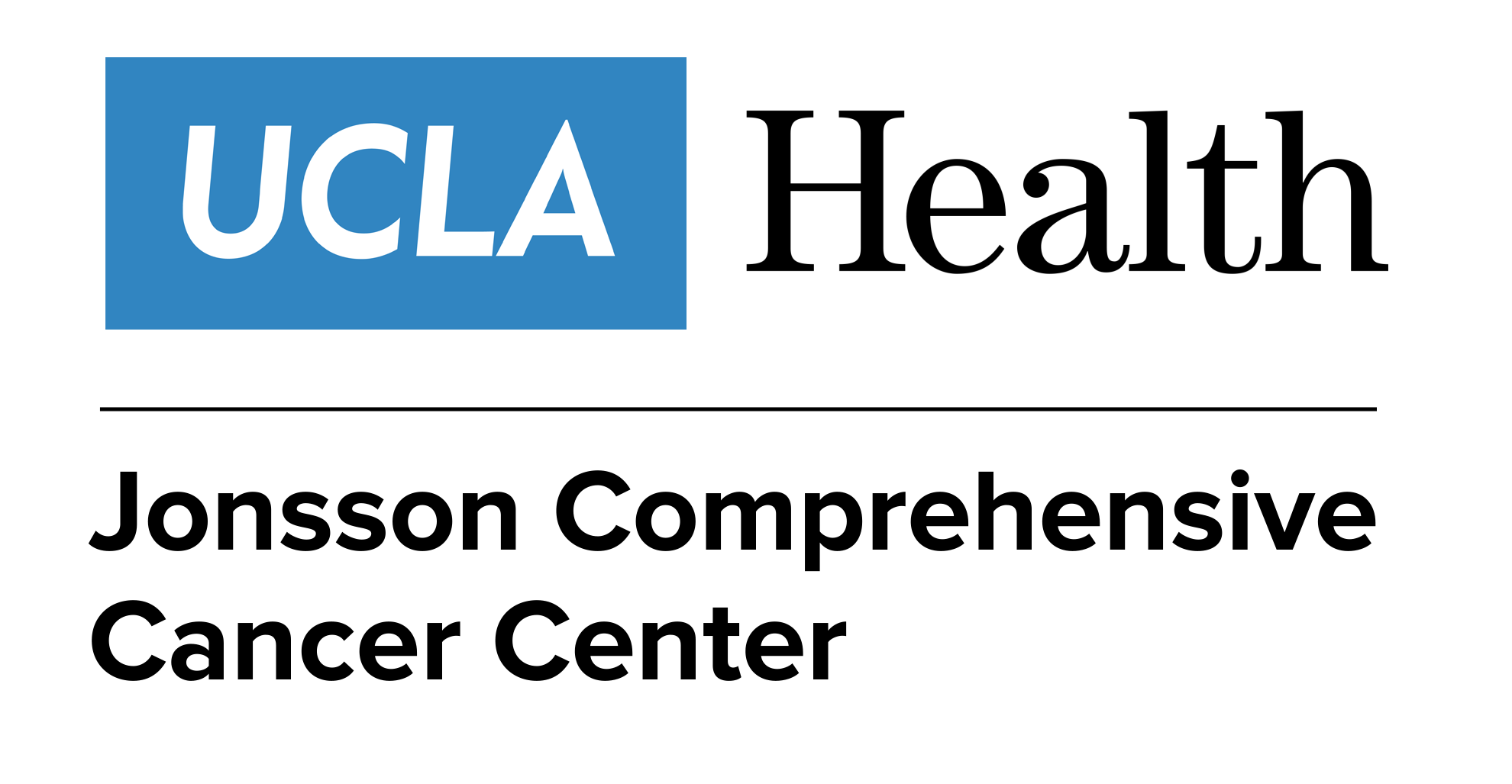- Advertise
- About OncLive
- Editorial Board
- MJH Life Sciences brands
- Contact Us
- Privacy
- Terms & Conditions
- Do Not Sell My Information
2 Clarke Drive
Suite 100
Cranbury, NJ 08512
© 2025 MJH Life Sciences™ and OncLive - Clinical Oncology News, Cancer Expert Insights. All rights reserved.
Dr. Krakow on Genetic Testing in Ovarian Cancer
Deborah Krakow, MD, professor and chair, Department of Obstetrics and Gynecology, professor of Orthopaedic Surgery and Human Genetics, University of California, Los Angeles, discusses genetic testing in patients with ovarian cancer.
Deborah Krakow, MD, professor and chair, Department of Obstetrics and Gynecology, professor of Orthopaedic Surgery and Human Genetics, University of California, Los Angeles, discusses genetic testing in patients with ovarian cancer.
In terms of genetic testing, Krakow states that if a patient has a family history, a first degree relative with ovarian cancer, or a personal history of either ovarian or breast cancer, they should be tested for the known high-risk genes. If a patient is Ashkenazi Jewish and is diagnosed with ovarian cancer, even without a known family history of breast or ovarian cancer, they should be tested.
Approximately, 1% to 2% of Ashkenazi Jewish women have the same mutation in BRCA1. What is interesting states Krakow, is that all populations report changes in BRCA1/2, so it is not unique to one population. However, it has been enriched in the Ashkenazi Jewish population, confirms Krakow.
Related Content:





